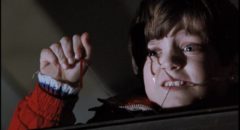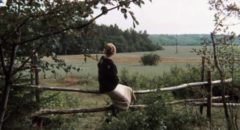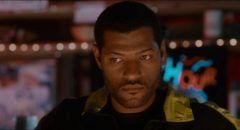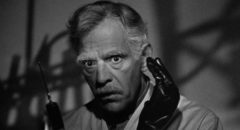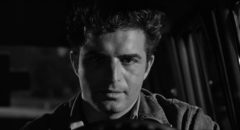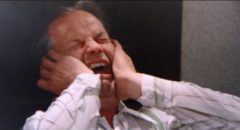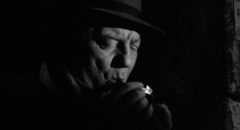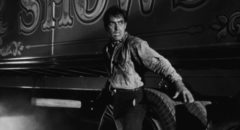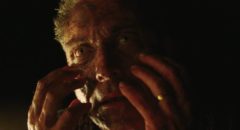
Wanting to see the new M. Night Shyamalan movie, I braced myself and went to a theatre for the first time in more than a year-and-a-half. The movie was effectively creepy, but the theatre was scarier – almost deserted, with a haunting air of the End Times about it. A staff person checked my vaccine status, but no one even bothered to look at my ticket and after the show I got an email from the theatre chain thanking me for going and pleading with me to come again soon.
